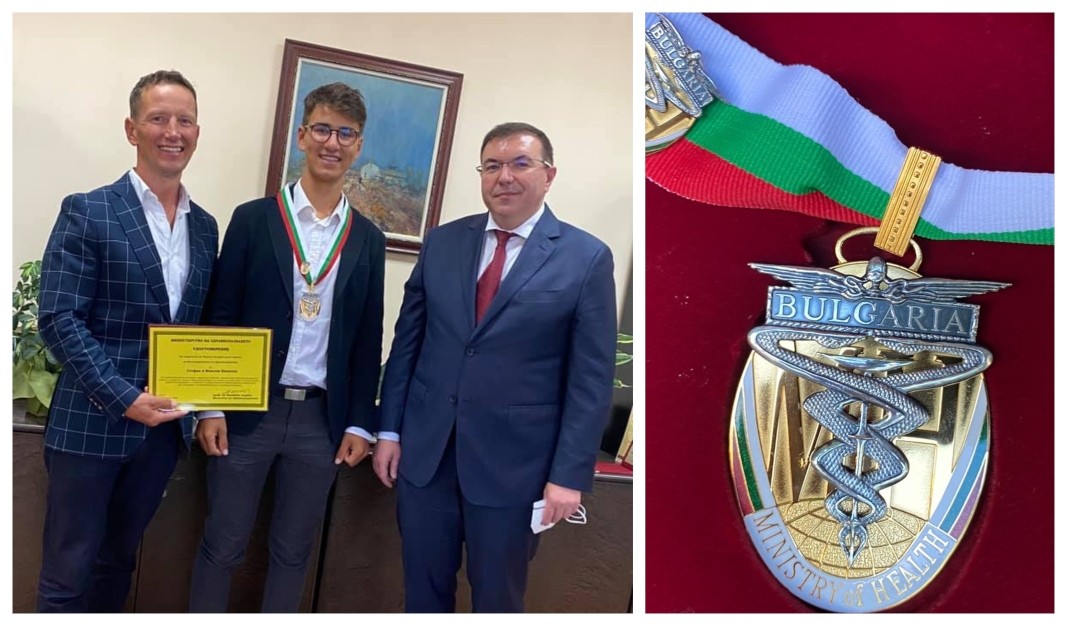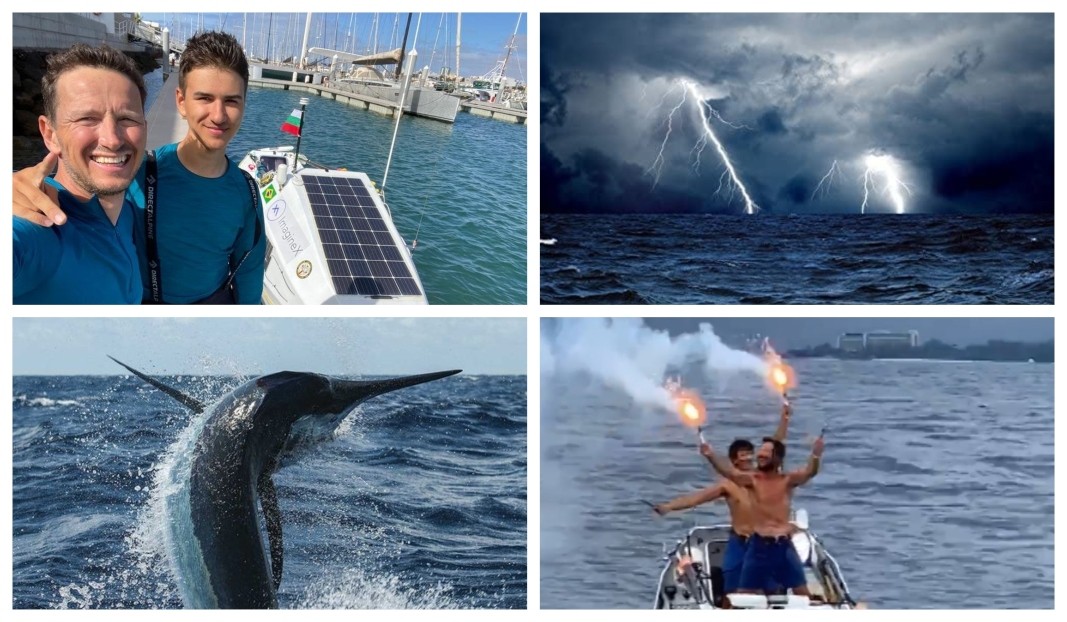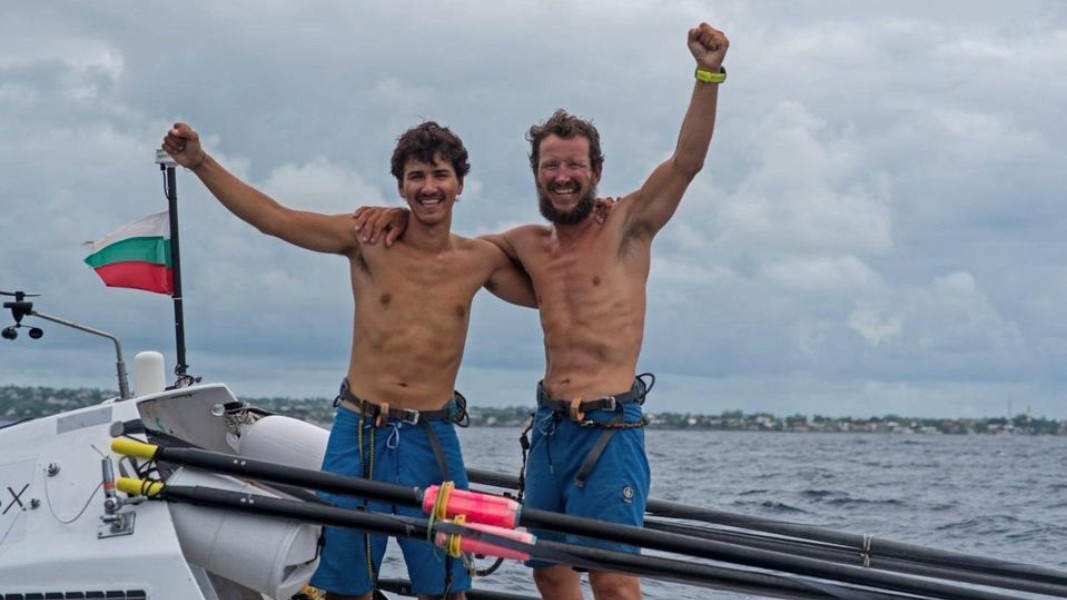To donate your organs in order to save life when your life ends is one of the highest forms of empathy. You leave a piece of yourself to an unknown person who has been waiting for years for the miracle to happen and receive organ transplant.
We don’t know when and how we will be gone from this world and we don’t always have the opportunity to give our consent to become organ donors. The fateful decision is often in the hands of the relatives who find it very difficult to donate the organs of the diseased. Bulgaria ranks last in the EU in terms of number of transplants per one million people. That is why patients who are waiting for a transplant sometimes seek salvation abroad. There are more than 1,150 Bulgarians who are currently waiting for a transplant.
Recently, Bulgarian high-school student Maxim and his father Stefan Ivanov set a world record after rowing in the Atlantic Ocean in Neverest boat. Their expedition was dedicated to a special cause aimed at supporting organ donation. The Bulgarian rowers supported the National Campaign “Yes! For Life”.

It turned out that according to the official register of Ocean Rowing Society, Maxim is the world’s youngest rower to successfully cross an ocean:
“We actually had a lot of ideas for at least three or four different causes. I had to make the decision and I have been holding this initiative dear since the moment I learned about it. This is the perfect cause- we do not raise money or beg for sponsors. The idea that one may donate life after his death is really exceptional.”
Maxim and his father Stefan set off from Portimão (Portugal) and rowed 8,230 kilometers (4,444 nautical miles) to Barbados. In the course of 105 days, each one of them rowed six times a day. Their only connection with the mainland was via a satellite phone. They sent emails to Maxim’s mother and she informed them on a regular basis about the campaign and peoples’ feedback.

“We talked to many people and learned that they really support the idea of organ donation” – Stefan Ivanov explains. – It does not cost anything to the relatives of the diseased, but meanwhile can save lives. There is a solution to the extremely difficult problems of our compatriots and we must find it together. We should ask ourselves whether we are strong enough to take such decision and if the answer is yes, to share this decision with our relatives.”

English version: Kostadin Atanasov
Photos: Facebook / NeverestOceanRowThe usurpation of cultural heritage is one of the many inevitable consequences of any military conflict, both historically and today. Until the end of the war in Ukraine, it is impossible to adequately analyse the extent of the damage caused to the..
Athens plans to modernise the Greek army by 2030 Greece's Defence Minister Nikos Dendias presented the plan for changes in the army to the parties in parliament. The reforms will cover all three branches of the military. By 2030, 33 units..
A short video kaleidoscope of the "untold stories" of worthy Bulgarians - scientists, entrepreneurs, engineers, artists - who have contributed to our country's good image in the eyes of the world opened an unconventional public forum that showcased the..
Over 3.5 million Ukrainians have arrived in or passed through Bulgaria since the beginning of the war. Nearly 200,000 people have found temporary..
At the Bulgarian Embassy in London, Prof. Bettany Hughes presented excerpts from the new BBC series - Wonders of Bulgaria. Prof. Bettany..
An innovation for the treatment of diabetic foot ulcer using the patient's own tissue and artificial intelligence has been implemented at the University..

+359 2 9336 661
